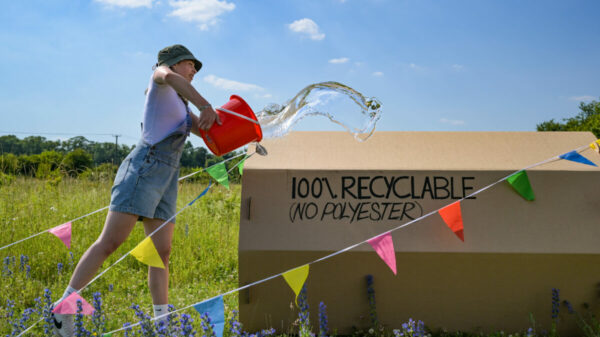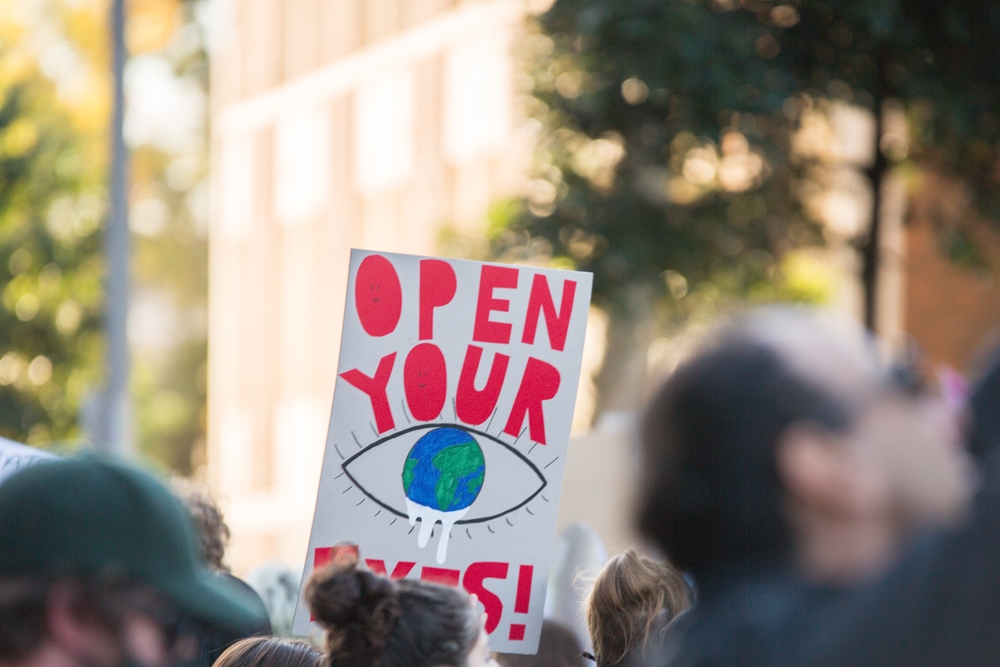The former Prime Minister Theresa May has called on the food and drink sector to do more to tackle modern slavery, and play close attention to their supply chains.
Speaking to an audience of around 200 industry stakeholders at the annual Modern Slavery Intelligence Network Conference yesterday (September 6), she said: “Since coming together three years ago to establish an intelligence sharing network, the MSIN has shown how businesses can take a lead in the fight against slavery and exploitation,” said Theresa May.
“Over half of the intelligence shared has led to direct investigative action and enabled several potential cases of modern slavery to be identified. I hope your work – and the real, tangible, difference you have made – will encourage others to join you in ridding our supply chains of modern slavery.”
The former PM, who was behind much modern slavery legislation in her time as Home Secretary, added that she hoped people would join key decision makers her work to end forced labour and modern trafficking by 2030.
Subscribe to Sustainability Beat for free
Sign up here to get the latest sustainability news sent straight to your inbox everyday
The MSIN was set up in 2021 by food industry insiders to discuss how to tackle the issue, and has a Stop the Traffic data platform. Whilst the official UK figure on modern slavery is 10,000 experts believe that it could be higher, closer to 100,000 — with the issue impacted most recently by a shortage of Ukrainian fruit and veg pickers owing to the recent war.
Also speaking at the event Caroline Haughey OBE, KC who successfully prosecuted Operation Fort the largest labour exploitation and trafficking case in Europe highlighted the importance of due diligence to the stakeholders.
She reiterated that failure to ensure good practice leaves business and those with fiduciary responsibilities for those businesses exposes them to risks of allegations around money laundering, bribery and corruption.










